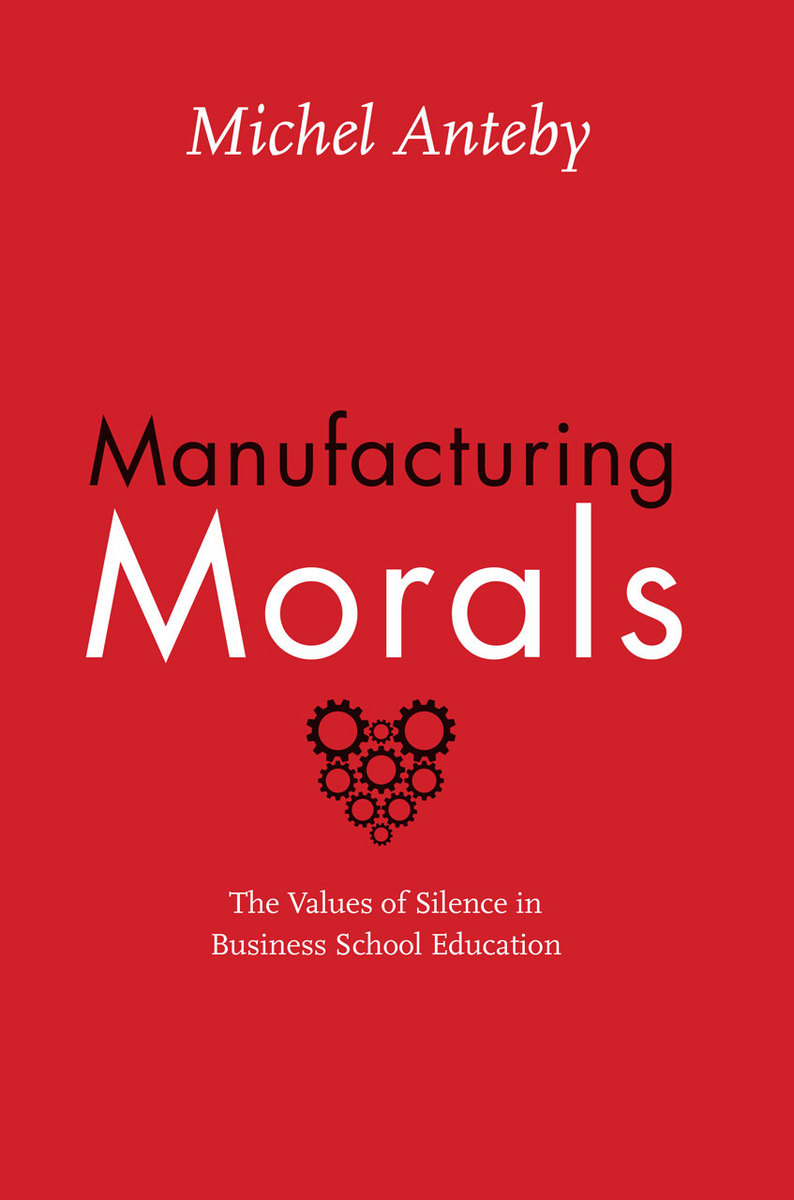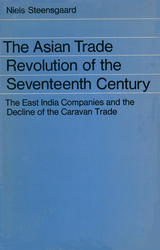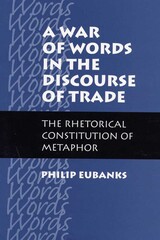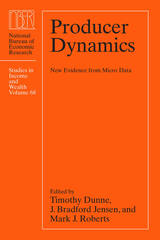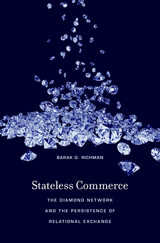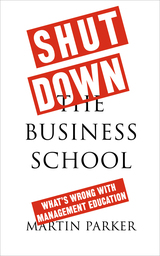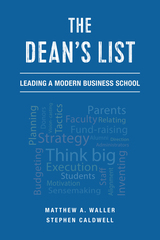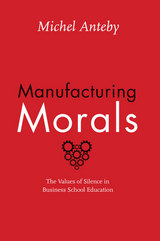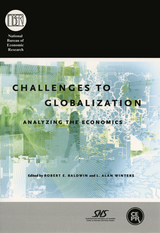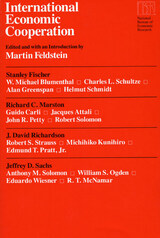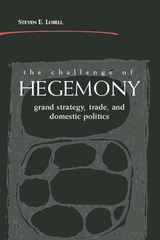Manufacturing Morals: The Values of Silence in Business School Education
University of Chicago Press, 2013
Paper: 978-0-226-32351-0 | eISBN: 978-0-226-09250-8 | Cloth: 978-0-226-09247-8
Library of Congress Classification HF1134.H4A58 2013
Dewey Decimal Classification 650.071174461
Paper: 978-0-226-32351-0 | eISBN: 978-0-226-09250-8 | Cloth: 978-0-226-09247-8
Library of Congress Classification HF1134.H4A58 2013
Dewey Decimal Classification 650.071174461
ABOUT THIS BOOK | AUTHOR BIOGRAPHY | REVIEWS | TOC | REQUEST ACCESSIBLE FILE
ABOUT THIS BOOK
In an era when many organizations are focused on principles of responsibility, Harvard Business School has long tried to promote better business standards. Anteby’s rich account reveals the surprising role of silence and ambiguity in HBS’s process of codifying morals and business values. As Anteby describes, at HBS specifics are often left unspoken; for example, teaching notes given to faculty provide much guidance on how to teach but are largely silent on what to teach. Manufacturing Morals demonstrates how faculty and students are exposed to a system that operates on open-ended directives that require significant decision-making on the part of those involved, with little overt guidance from the hierarchy. Anteby suggests that this model—which tolerates moral complexity—is perhaps one of the few that can adapt and endure over time.
Manufacturing Morals is a perceptive must-read for anyone looking for insight into the moral decision-making of today’s business leaders and those influenced by and working for them.
Corporate accountability is never far from the front page, and as one of the world’s most elite business schools, Harvard Business School trains many of the future leaders of Fortune 500 companies. But how does HBS formally and informally ensure faculty and students embrace proper business standards? Relying on his first-hand experience as a Harvard Business School faculty member, Michel Anteby takes readers inside HBS in order to draw vivid parallels between the socialization of faculty and of students.
In an era when many organizations are focused on principles of responsibility, Harvard Business School has long tried to promote better business standards. Anteby’s rich account reveals the surprising role of silence and ambiguity in HBS’s process of codifying morals and business values. As Anteby describes, at HBS specifics are often left unspoken; for example, teaching notes given to faculty provide much guidance on how to teach but are largely silent on what to teach. Manufacturing Morals demonstrates how faculty and students are exposed to a system that operates on open-ended directives that require significant decision-making on the part of those involved, with little overt guidance from the hierarchy. Anteby suggests that this model—which tolerates moral complexity—is perhaps one of the few that can adapt and endure over time.
Manufacturing Morals is a perceptive must-read for anyone looking for insight into the moral decision-making of today’s business leaders and those influenced by and working for them.
See other books on: Faculty | Higher | Silence | Socialization | Values
See other titles from University of Chicago Press
